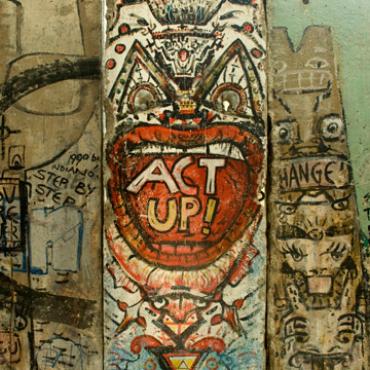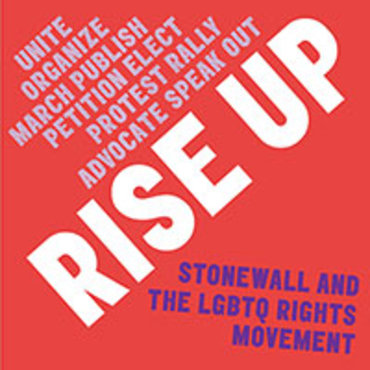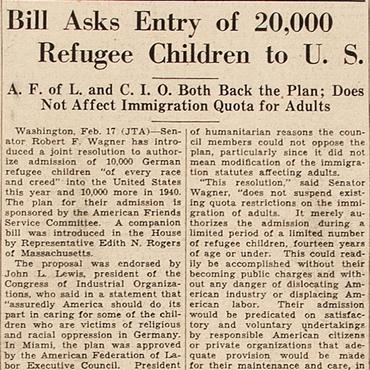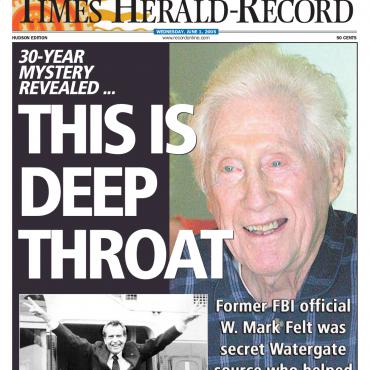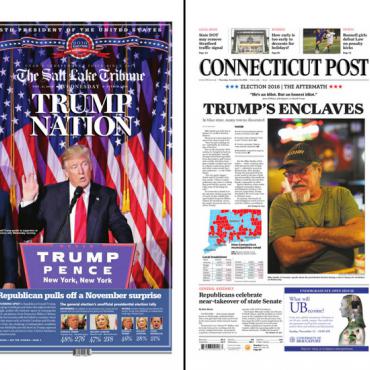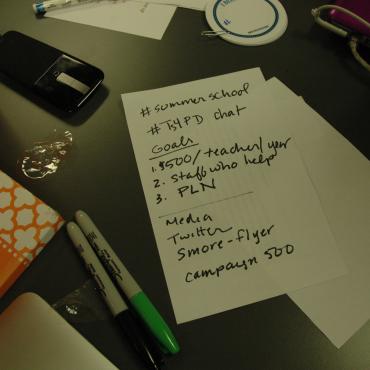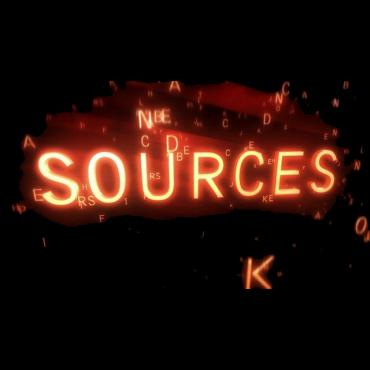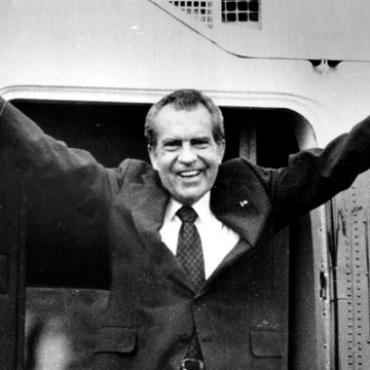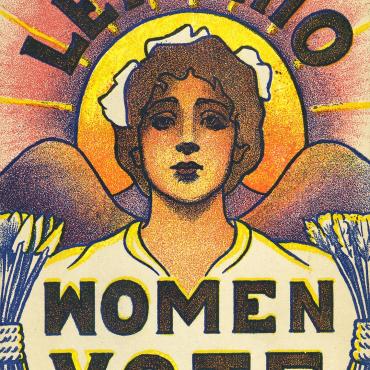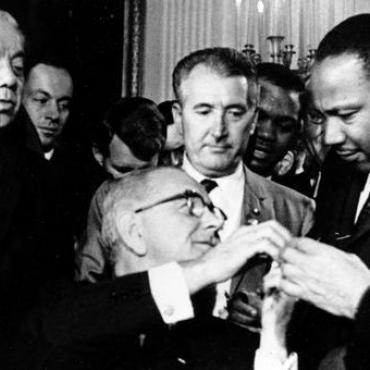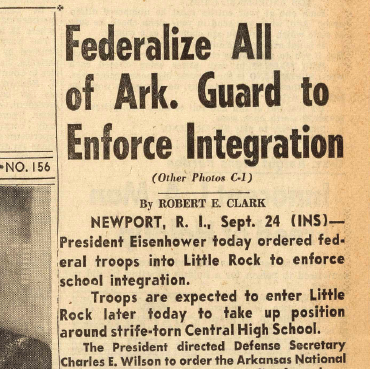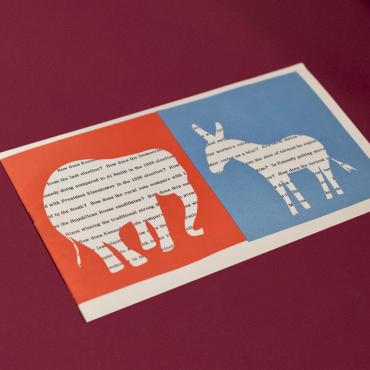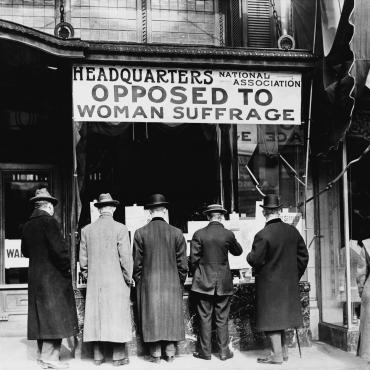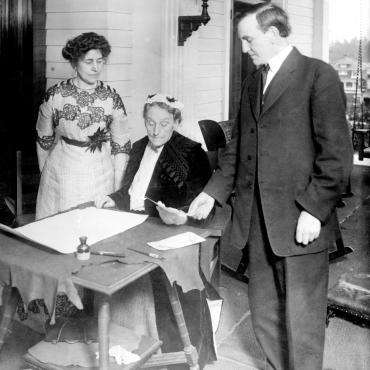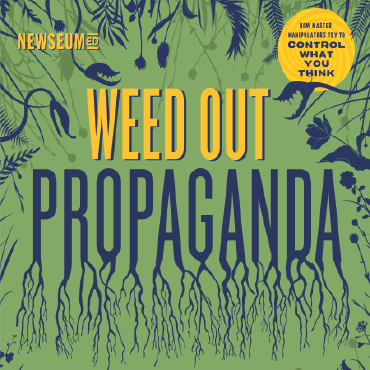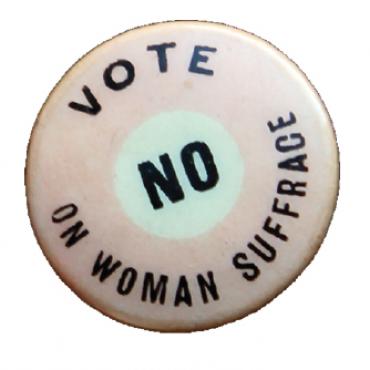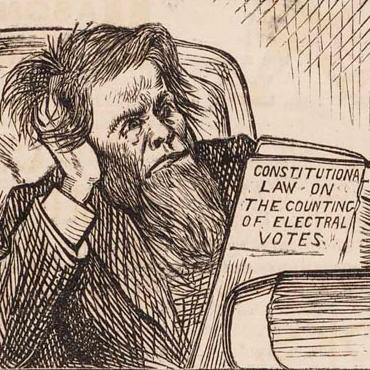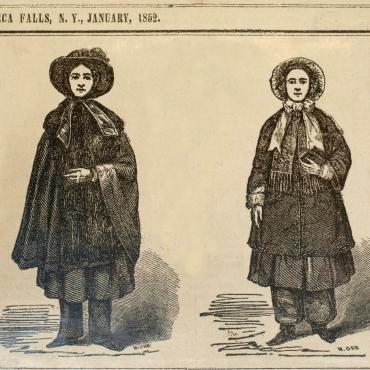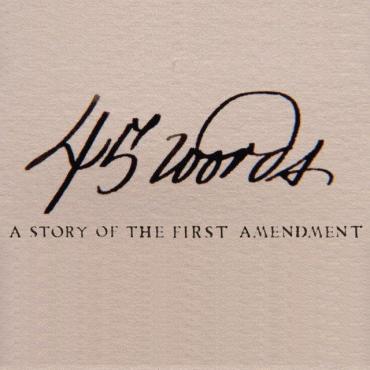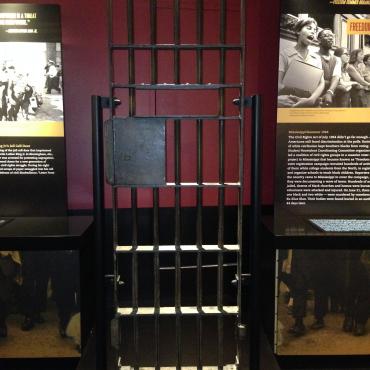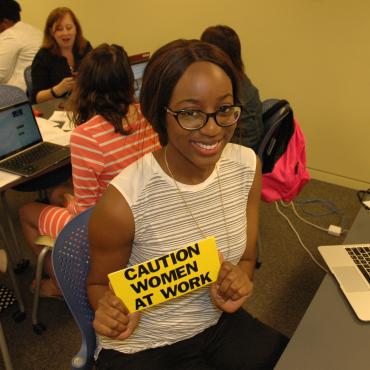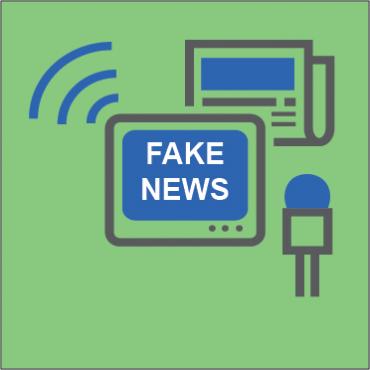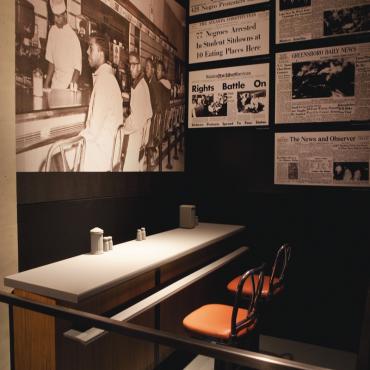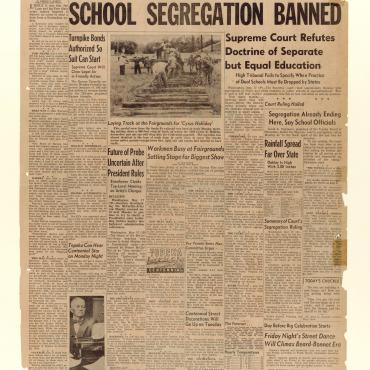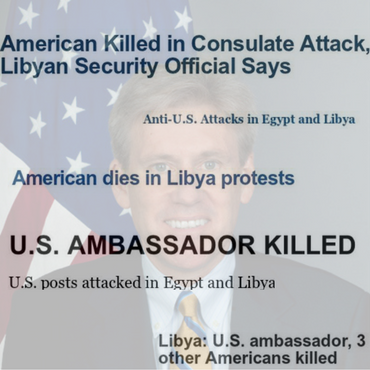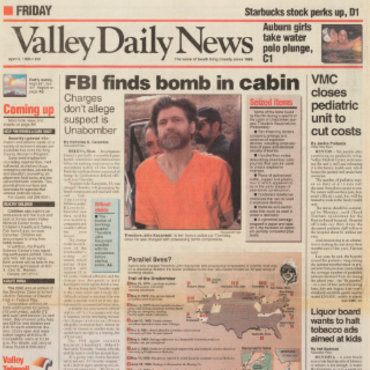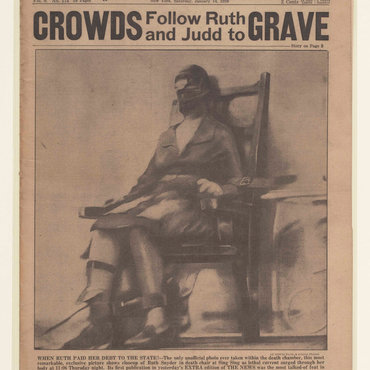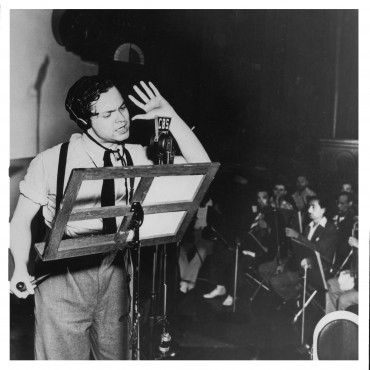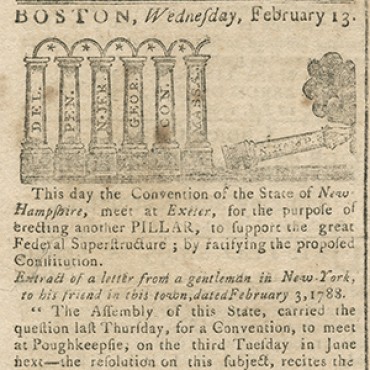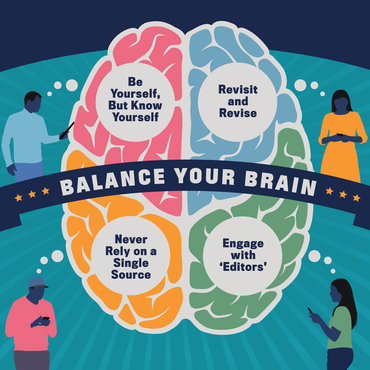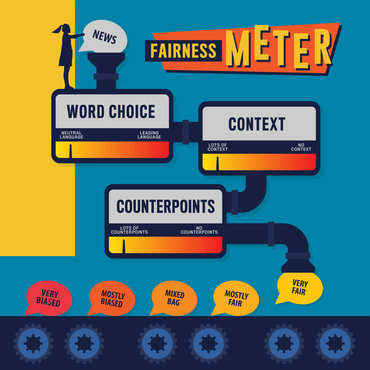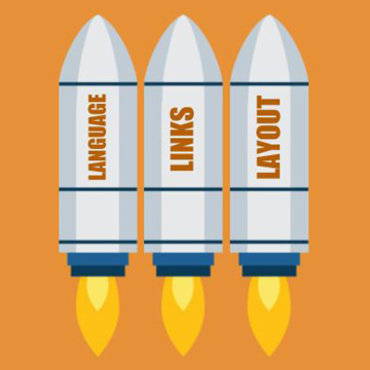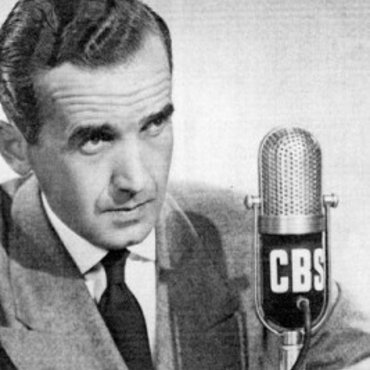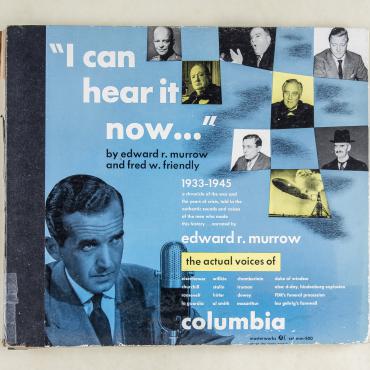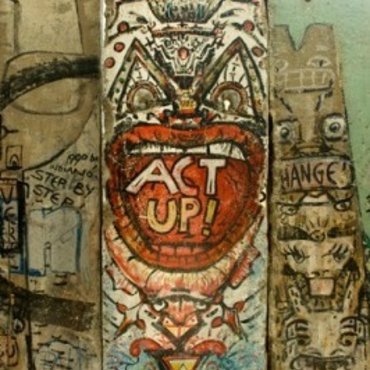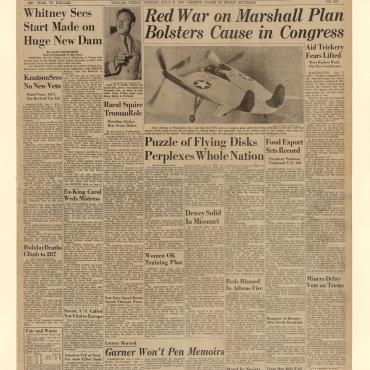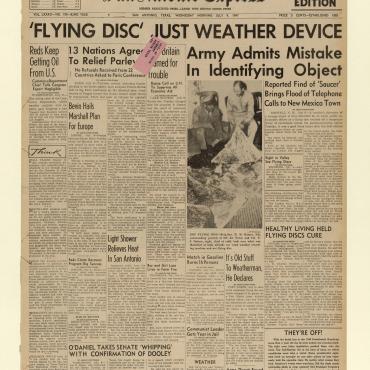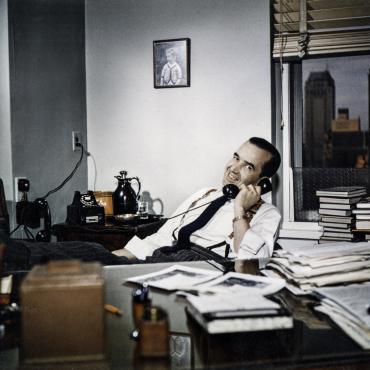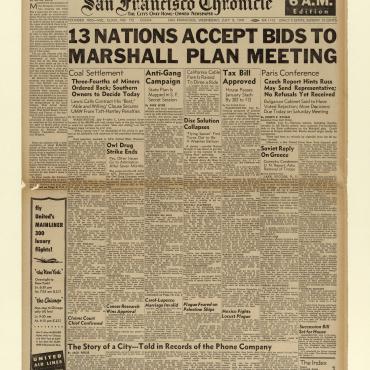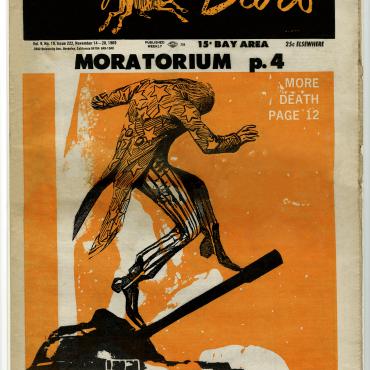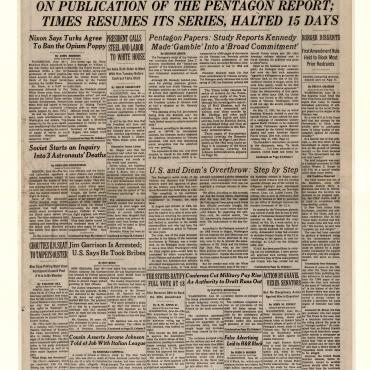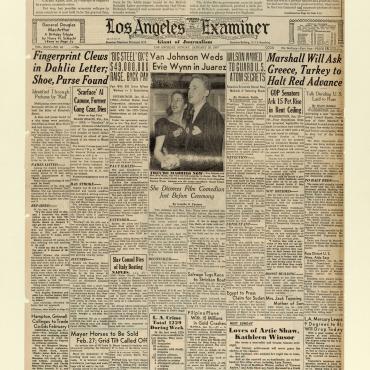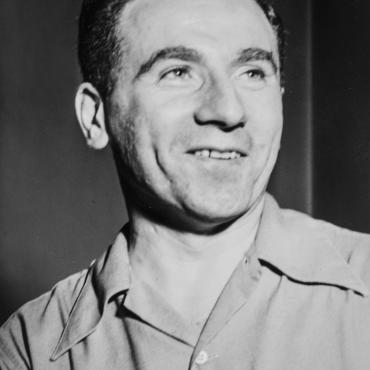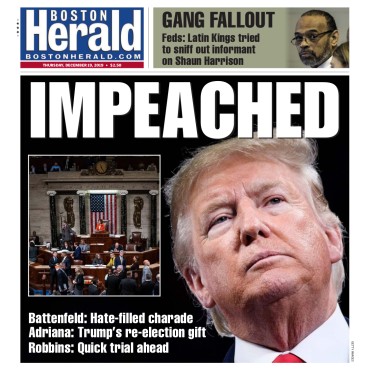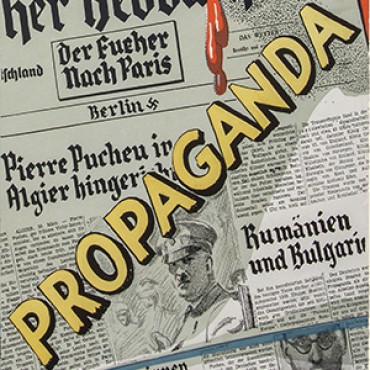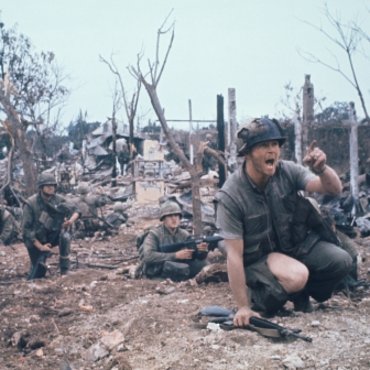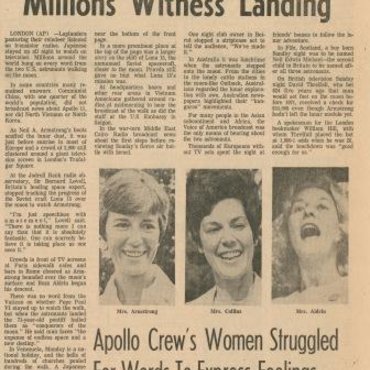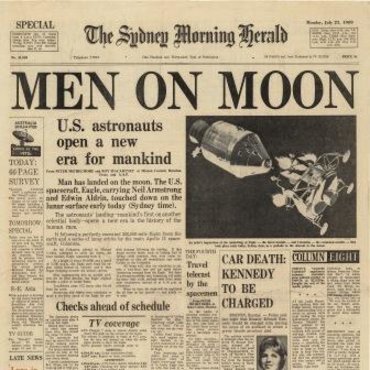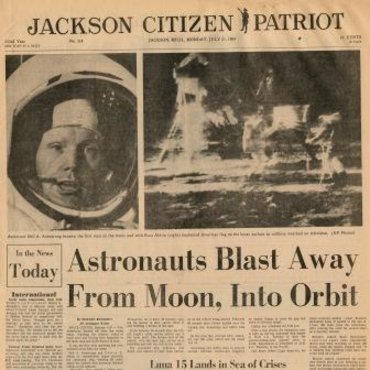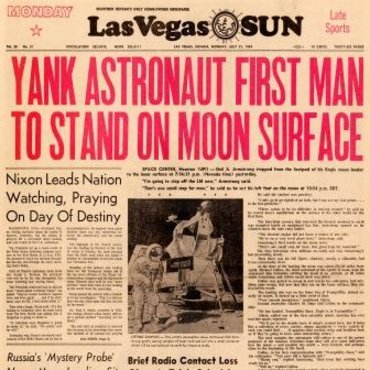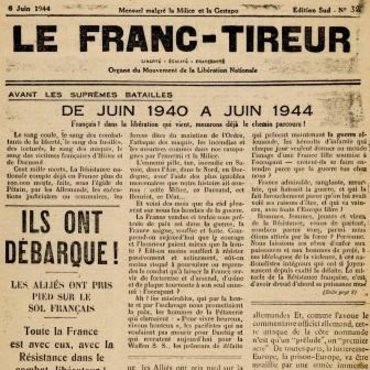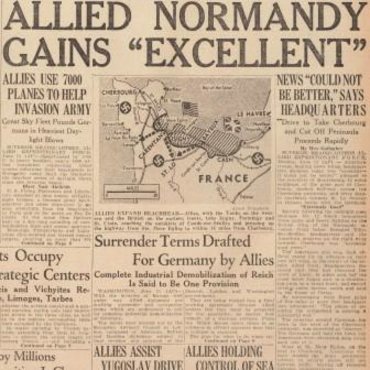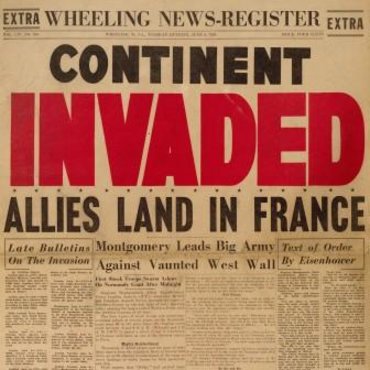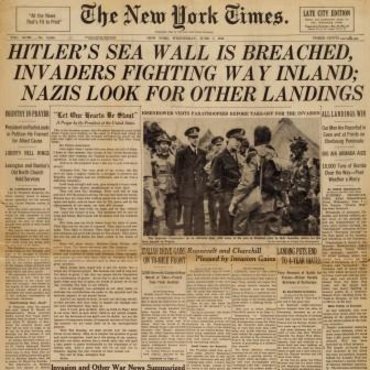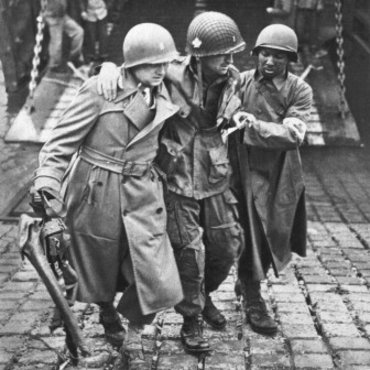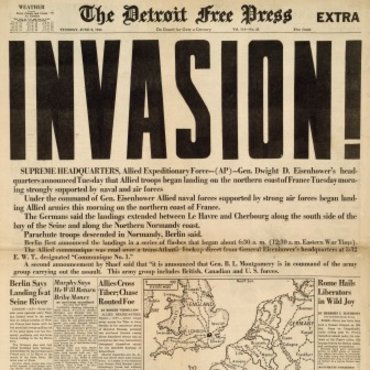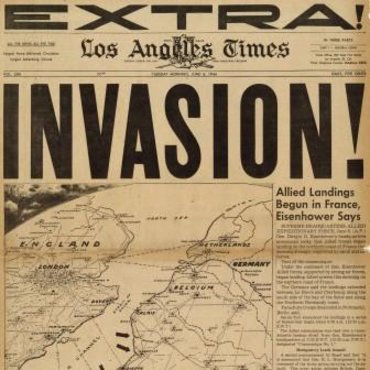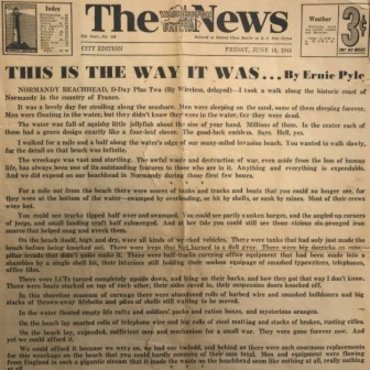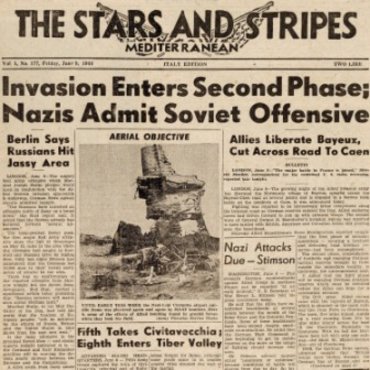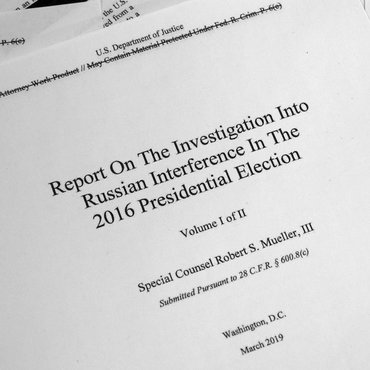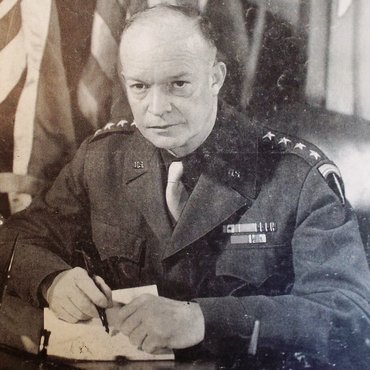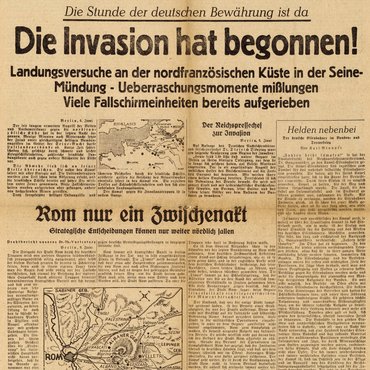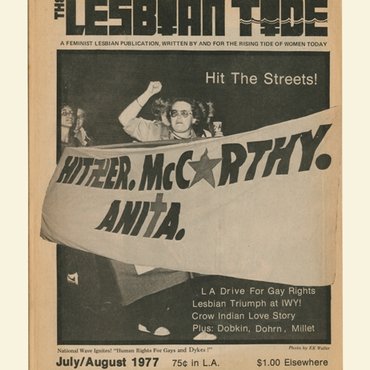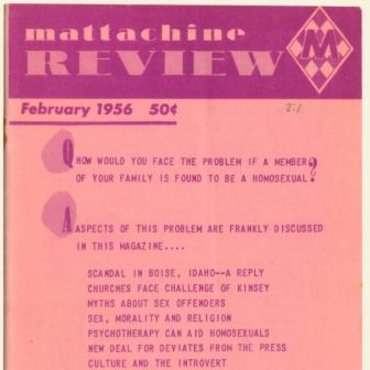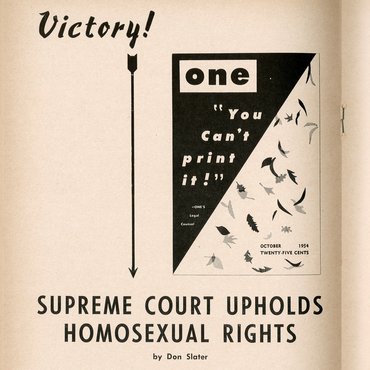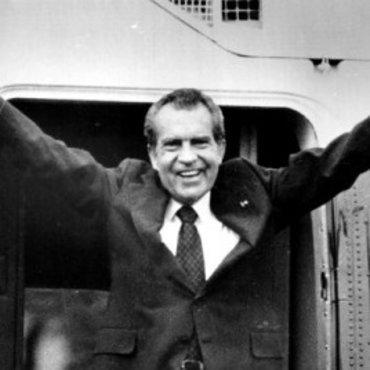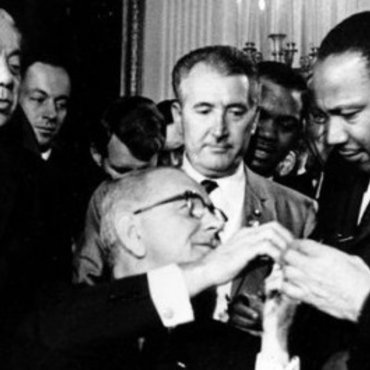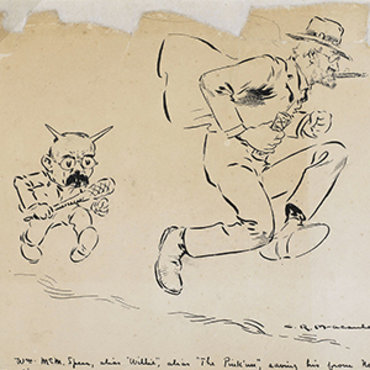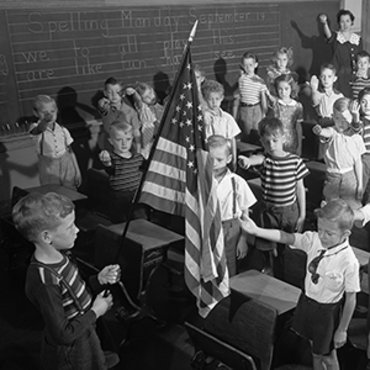
'Edward R. Murrow' Video Lesson
This video looks at the prestigious career and high ethical standards of broadcaster Edward R. Murrow.
Get even more great free content!
This content contains copyrighted material that requires a free NewseumED account.
Registration is fast, easy, and comes with 100% free access to our vast collection of videos, artifacts, interactive content, and more.
NewseumED is provided as a free educational resource and contains copyrighted material. Registration is required for full access. Signing up is simple and free.
With a free NewseumED account, you can:
- Watch timely and informative videos
- Access expertly crafted lesson plans
- Download an array of classroom resources
- and much more!
- Cold War
- Journalism
- Politics
- World War II
- 9-12
- College/University
- Tell students that they will learn more about the power and responsibilities of a free press in a changing media landscape through the work of one of its giants. Check for background knowledge by asking:
- Have you ever heard of Edward R. Murrow? If so, what have you heard? If not, any guesses who he might be?
- Can a journalist change the course of politics and/or history? If so, how?
- Explain that Murrow believed the news media, especially television, had a responsibility to teach, illuminate and inspire rather than merely entertain, amuse and insulate. His lauded ethical standards met great challenges, including questions of commercial sponsorship of the news.
- Hand out copies of the viewing guide worksheet. Have students read the questions in advance and then take notes as they watch the video.
- Watch the video.
- Ask students to complete post-viewing comprehension questions (in class or for homework).
- “Edward R. Murrow” Video Lesson worksheet (download), one per student
- Internet access to watch video
- Edward R. Murrow reference materials (download, optional)
Ask your students why Murrow is an important figure in journalism history. You may also wish to assign one or more of these questions as short essays for homework.
- Today, who or what do you think can be considered a “conscience” for journalists? Who or what guides journalists’ decision-making in difficult situations?
- “See It Now” explored important topics of the day, while “Person to Person” was sometimes criticized as being entertaining without a lot of substance. Name some shows on television today that are like “See It Now” and some that are like “Person to Person.” Is there a good balance between these types of shows on television today?
- If Murrow’s report on Sen. Joseph McCarthy aired today, what do you think responses would be? Does his language seem more or less harsh than what we hear on cable news channels today?
- In the video, journalist Don Hewitt says, “Edward Murrow was a star.” Who are the stars of journalism today? Why?
- What are war correspondents? What is their role in war? What risks do they face? Why are they important?
- In his book, “Edward R. Murrow and the Birth of Broadcast Journalism,” Bob Edwards writes that “Murrow hired people on the basis of their smarts and their contacts. He didn't care how they sounded, if their voices were pretty or whatever." Do you think this was a smart strategy? Why or why not? Do you think today’s television news producers hire people for their intelligence or their looks? Should a journalist’s looks or the sound of his or her voice matter?
- Murrow’s radio reports during World War II used vivid language to describe the events: “The small incendiaries were going down like a fistful of white rice thrown on a piece of black velvet.” “Berlin was a kind of orchestrated hell, a terrible symphony of light and flame.” Which do you think would be a more engrossing depiction of war: Murrow’s sentences read live over the radio or a live television image? Why?
- Murrow desired a fully independent press that would not have to worry about interference from sponsors/advertisers. Is this a realistic goal? Does journalism need sponsors? In no, where should it find funding? If yes, how should journalists manage their relationships with sponsors?
- Was Murrow’s criticism of Sen. Joseph McCarthy anti-American? Could his report have put the country at risk? Explain why or why not.
- In the video, journalist Don Hewitt says, “What killed Joe McCarthy was not the Murrow broadcast about him. What killed Joe McCarthy was his broadcast attacking Murrow.” To what extent is the opposite true today? In other words, can attacking a journalist or the media generally help a politician’s career? Cite examples.
- Research one of the reporters known as “The Murrow Boys,” such as Eric Sevareid, Howard K. Smith, William Shirer, Richard Hottelet, Charles Collingwood, Ed Bliss, Larry LeSueur, Robert Trout, Fred Friendly. Prepare a presentation for your class on your chosen individual’s biography, focusing on his time working with Murrow and his contributions to journalism.
- Look at the topics/guests that appeared on “Hear It Now” and “See it Now.” (There is a log for “Hear It Now” shows at the end of http://www.digitaldeliftp.com/DigitalDeliToo/dd2jb-Hear-It-Now.html and you can find selected guests and topics for “See It Now” at http://www.museum.tv/eotvsection.php?entrycode=seeitnow) Choose two topics that interest you. For each one, write a paragraph about the historical context of this topic (you may need to do some further research) and a paragraph about why you think the news program chose to cover it.
- Imagine you are the host of your own weekly interview program. Make a list of 12 dream guests you’d like to feature in the program’s first three months. Then look at your list. Does it reflect a variety of backgrounds and topics? Next, rewrite your list, this time including two guests from each of the following categories: entertainment, sports, politics, science, literature, art. Choose one dream guest and write a paragraph about why you chose this individual to interview. Write six questions you would like to ask this person.
- Imagine you own a major company, and you want to be the solo sponsor for a weekly news discussion program on television. First, decide what kind of company you own (ideas: car manufacturer, bank, fast food chain, prescription drug manufacturer, beer producer, etc.) With your business in mind, what are some topics (real or imaginary) that you might be happy to see featured on that program? What would you be unhappy to see? Create two lists with at least three stories on each. Include a short explanation of why you would or would not like to see this story covered.
- Imagine you are producing a TV news program that has been given $5 million, no strings attached, to cover any stories you want. Make a list of the top four stories you would like to cover, and write a paragraph for each one explaining why you chose it. Now imagine you work for a TV news program whose biggest sponsors are a fast food chain, a car manufacturer and an oil company. Would you make any changes to your list? Write a paragraph about why or why not.
- Read (and/or listen to) Murrow’s 1958 speech to the Radio and Television News Directors Association. (You can find the speech at https://www.youtube.com/watch?v=RHaV59RB8A8) As you listen/read make a chart with two columns. In one, write the ideas/arguments that you think are still relevant today. In the other, write the ideas/arguments that are not. Include at least five ideas/arguments in each column. (The speech is 37 minutes long.)
- View the 2006 film “Good Night, and Good Luck” (rated PG). How does this movie depict the behind-the-scenes decision-making process? Who is involved? What factors are considered? Write a short essay that explains how the decision to air the program criticizing Sen. Joseph McCarthy was made, according to this depiction.
- In his radio reports, Edward R. Murrow used words and sometimes sounds in a way that made his reports vivid for the listener. Listen again to his description of bombs dropping over Berlin at night. From the airplane he was in, Murrow described the dropped explosives as “a fistful of white rice thrown on a piece of black velvet,” and he compared the city to “a terrible symphony of light and flame.” Write your own radio report about an event you witnessed (it could be an everyday happening, like dismissal at the end of the school day, or a school sports event, or an activity in your neighborhood) and vividly describe what is happening. Include at least three metaphors and at least three factual details in your report. Record your report and share it with your class.
-
Common Core State Standards: CCSS.ELA-LITERACY.CCRA.SL.2
Integrate and evaluate information presented in diverse media and formats, including visually, quantitatively, and orally.
-
National Center for History in the Schools: NCHS.Historical Thinking.3
A. Compare and contrast differing sets of ideas. B. Consider multiple perspectives. C. Analyze cause-and-effect relationships and multiple causation, including the importance of the individual, the influence of ideas. D. Draw comparisons across eras and regions in order to define enduring issues. E. Distinguish between unsupported expressions of opinion and informed hypotheses grounded in historical evidence. F. Compare competing historical narratives. G. Challenge arguments of historical inevitability. H. Hold interpretations of history as tentative. I. Evaluate major debates among historians. J. Hypothesize the influence of the past. -
National Center for History in the Schools: NCHS.US History.Era 8
Standard 1: The causes of the Great Depression and how it affected American society Standard 2: How the New Deal addressed the Great Depression, transformed American federalism, and initiated the welfare state Standard 3: The causes and course of World War II, the character of the war at home and abroad, and its reshaping of the U.S. role in world affairs -
National Center for History in the Schools: NCHS.US History.Era 9
Standard 1: The economic boom and social transformation of postwar United States Standard 2: How the Cold War and conflicts in Korea and Vietnam influenced domestic and international politics Standard 3: Domestic policies after World War II Standard 4: The struggle for racial and gender equality and for the extension of civil liberties
-
Center for Civic Education: CCE.V
A. What is citizenship? B. What are the rights of citizens? C. What are the responsibilities of citizens? D. What civic dispositions or traits of private and public character are important to the preservation and improvement of American constitutional democracy? E. How can citizens take part in civic life?
